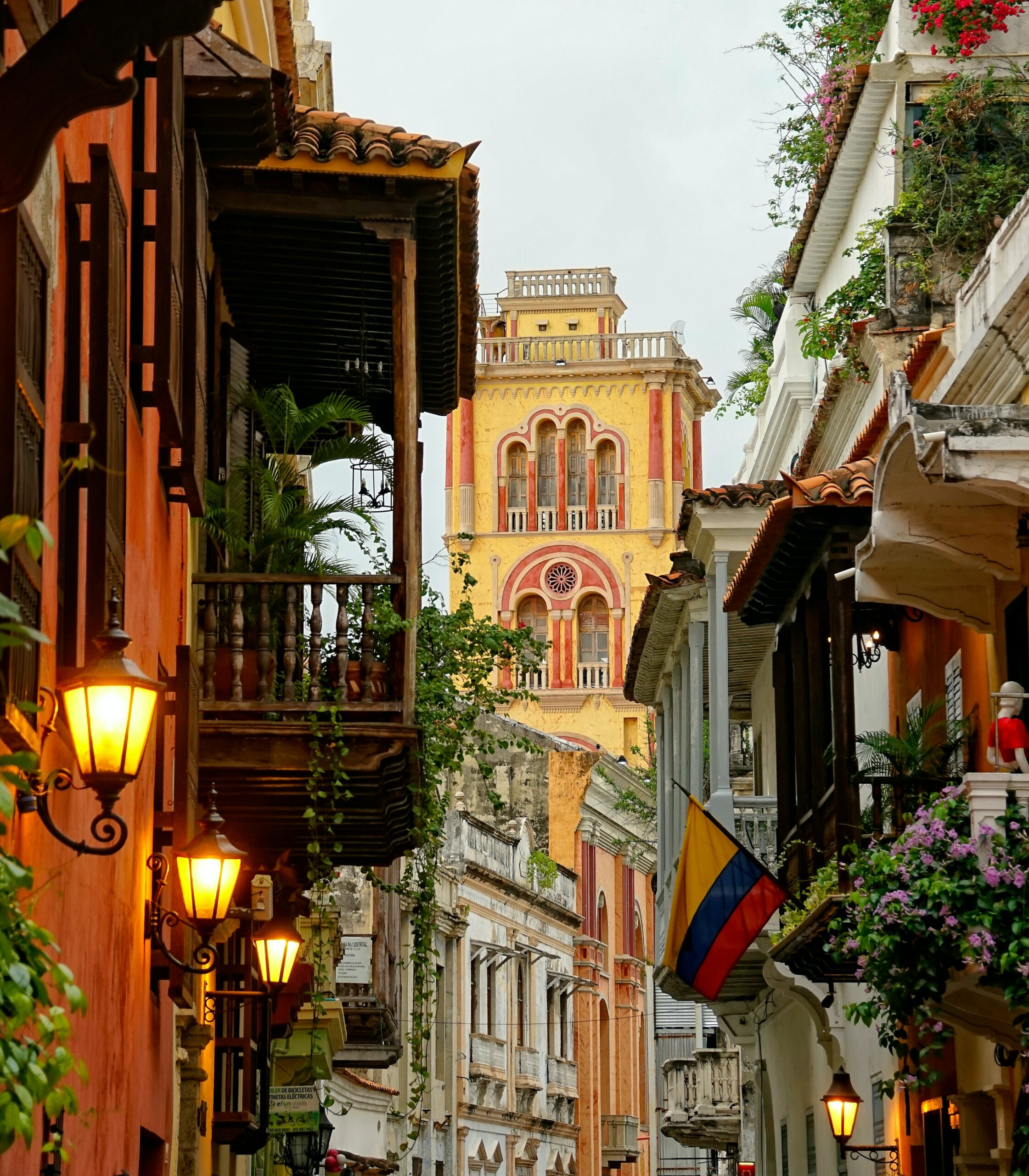After including Antimicrobial Resistance (AMR) among the top 10 global public health hazards, the WHO estimated that around 10 million people will lose their lives due to AMR. Countries as well as OTC and pharma companies are already moving to raise awareness on this issue.
Antimicrobial resistance is the process through which antibiotics and other antimicrobials drugs become ineffective. Bacteria, viruses, fungi, and parasites are mutating and adapting to the drugs we use to treat infections. This could make infections irresolvable in the future.
The causes of AMR are complex and multifaceted. The most common are:
- unnecessary antibiotic prescription
- the excessive use of antibiotics in the farming industry
These issues have been ignored for years. Now is the time to act and fight against this global emergency.
80% of antibiotics prescribed for Cough & Cold afflictions are wrongly prescribed and could be avoided. This is due to the fact that in most cases the origin of the problem is not medically analyzed. When the illness is caused by a virus, antibiotics have no effect and therefore encourage antibiotic resistance. This issue has begun to affect a number of ailments such as sore throat, sinusitis, bronchitis, flu, etc.
The industry is adapting to this concern by launching interesting OTC alternatives. From Cough & Cold to UTI, there are multiple segments in the OTC and pharma markets that are starting to develop interesting substitutes markets. Additionally, governments have started to implement action plans to promulgate and educate the population and healthcare providers about this global challenge.

Latin America
In Latin America OTC and pharma markets like Mexico, Colombia, and Peru have already accomplished some of their objectives, and awareness has increased in both healthcare professional and consumer circles. One of the most important parts of the process has been the training and education of pharmacists, due to the fact that In Latin America antibiotics are commonly bought without a prescription.
Asia
Looking over to Asia, Vietnam was the first country in the WHO Western Pacific Region to approve a national action plan to combat AMR. Other countries like the Philippines have been bringing national plans into play for the last 5 years. One interesting point in these countries is that most antibiotics are not reimbursed. This gives consumers an additional reason to purchase safe and effective alternative solutions without computing extra costs.

Overall, OTC and pharma emerging markets in both regions–the Western Pacific and Latin America–are ideal countries to launch OTC alternatives to antibiotic products. This market segment with little competition is looking prime to receive new international players!
Featured image at the top: Photo by Hal Gatewood on Unsplash




